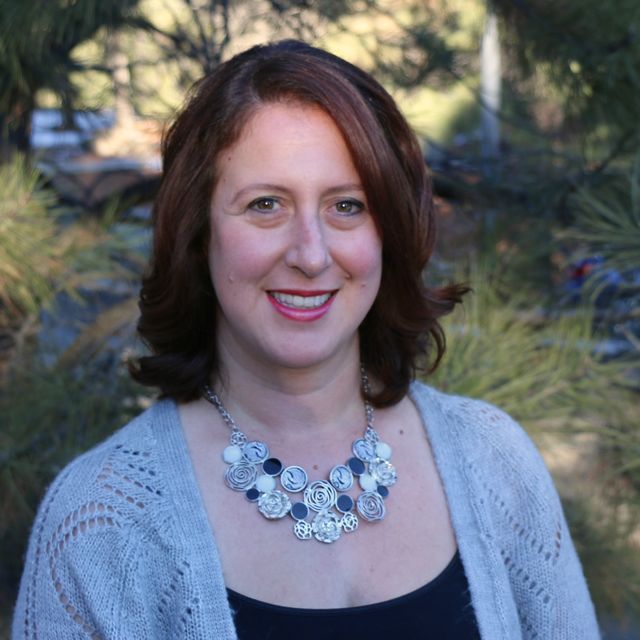By Lori Poloni-Staudinger
Chair of the Department of Politics and
International Affairs
Wednesday, terrorists attacked the heart of Paris at satirical magazine Charlie Hebdo resulting in 12 deaths, among them cartoonists and editors. The violence is still unfolding today.
Why strike Charlie Hebdo? The magazine is easily identified at newsstands throughout Paris by its inflammatory and poignant covers. Of particular import to this week’s attack, were the magazine’s controversial depictions of the Prophet Muhammad. One cartoon had the magazine renaming itself Charia Hebdo, a play on Shariah Law, and showed the prophet saying, “100 lashes if you have not died laughing.”
The gunmen were two French brothers of Algerian background who had sympathy for al-Qaida and Islamic extremist groups in Yemen. We can assume the attack was because of the magazine’s irreverent depictions of the Prophet, as earlier depictions resulted in threats against and attacks on the magazine.
Charlie Hebdo satirists, however, did not exclusively focus on Islam. They called out extremism and authority in ALL forms, including politicians and religious leaders of all faiths.
While some in the United States may have a hard time understanding why a magazine like Charlie Hebdo enjoyed wide readership in France, we need to understand it in light of the secular tradition in that country and a deep history of and respect for political satire.
In the wake of the attack, why did the magazine continue to print inflammatory material knowing that they were under threat? In the words of cartoonist Stephane ‘Charb’ Carbonnier, killed in the attack, “je prefere mourir debout que vivre à genoux,” meaning I would rather die standing than live on my knees.
Charlie Hebdo’s irreverent cartoons were meant to elicit reflection and satirize power, causing citizens to question authority. In a free society, we must encourage all forms of political expression, especially those that push the boundaries of the irreverent to shed light on extremism. Thus, I echo many who stand in solidarity with the magazine and recognize the importance of its role by saying “Je Suis Charlie.” I am Charlie.



